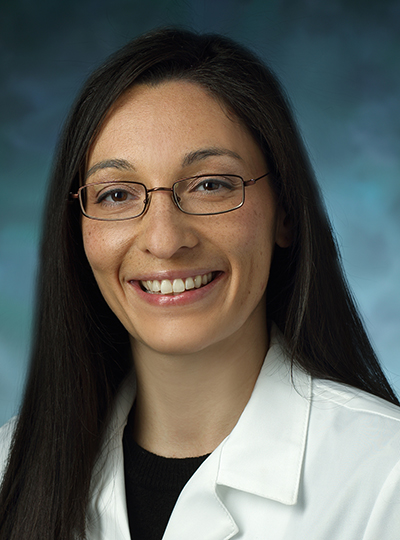Aly T. Strauss, MD, PhD, MIE
Finding Your Research Passion
Starting a research career can be both exciting and daunting. I was inspired to pursue research when I encountered techniques and people that were addressing healthcare inequities through engineering and public health. To find your research passion, open yourself to new areas, explore what piques your curiosity and reflect on what keeps you up at night—those nagging questions about the world around you that you want to address. Additionally, learn how mentors or role models found their way into research, as their journeys can help guide your own.
Building Essential Research Skills
Once you’ve found your focus, developing essential research skills is key. Learn how to formulate strong research questions, conduct meaningful literature reviews and develop technical expertise in areas like database management, study design and analytical skills—depending on the type of research you plan to pursue.
Mentorship is another cornerstone of success. A good mentor will show you the ropes of navigating academia—from IRBs and writing grants/papers to networking. However, don’t expect all mentorship needs to come from a single person. Building a diverse team of mentors, even from outside gastroenterology or medicine, will provide you with a range of perspectives and approaches to research.
When looking for research opportunities, projects should be meaningful and feasible. Focus on areas that align with your interests and have potential to impact patients. Your first project won’t be a landmark RCT, but you can build toward that through a structured pathway: starting with a literature review, then moving on to retrospective studies and eventually prospective research. Remember to assess the feasibility of each project based on your available time, skills and resources.
Embracing Collaboration and Overcoming Challenges
Challenges will arise, especially in balancing clinical responsibilities with research time. Time management and project management tools can help, but developing strong habits is key. Be resilient—papers will get rejected, analysis will be challenging, and feedback can be harsh. Learn from criticism, but stay true to what excites you. Be introspective about your strengths and invest in skills that will enhance your contributions to science.
Final Thoughts
Remember, research is now a team sport. Building collaborations and networks is essential, as health care and technology are too complex for any one person to tackle alone. Embrace the collaborative nature of modern science and learn from every experience.

Aly T. Strauss, MD, PhD, MIE, is a hepatologist and assistant professor of medicine at Johns Hopkins University School of Medicine. Dr. Strauss completed her masters in industrial engineering at the University of South Florida and her PhD in clinical investigation at the Johns Hopkins Bloomberg School of Public Health. Currently, she is the co-director of the Clinical and Translational Research Unit for the Division of Gastroenterology and Hepatology. Dr. Strauss serves on the ASGE Diversity and Inclusion Committee.